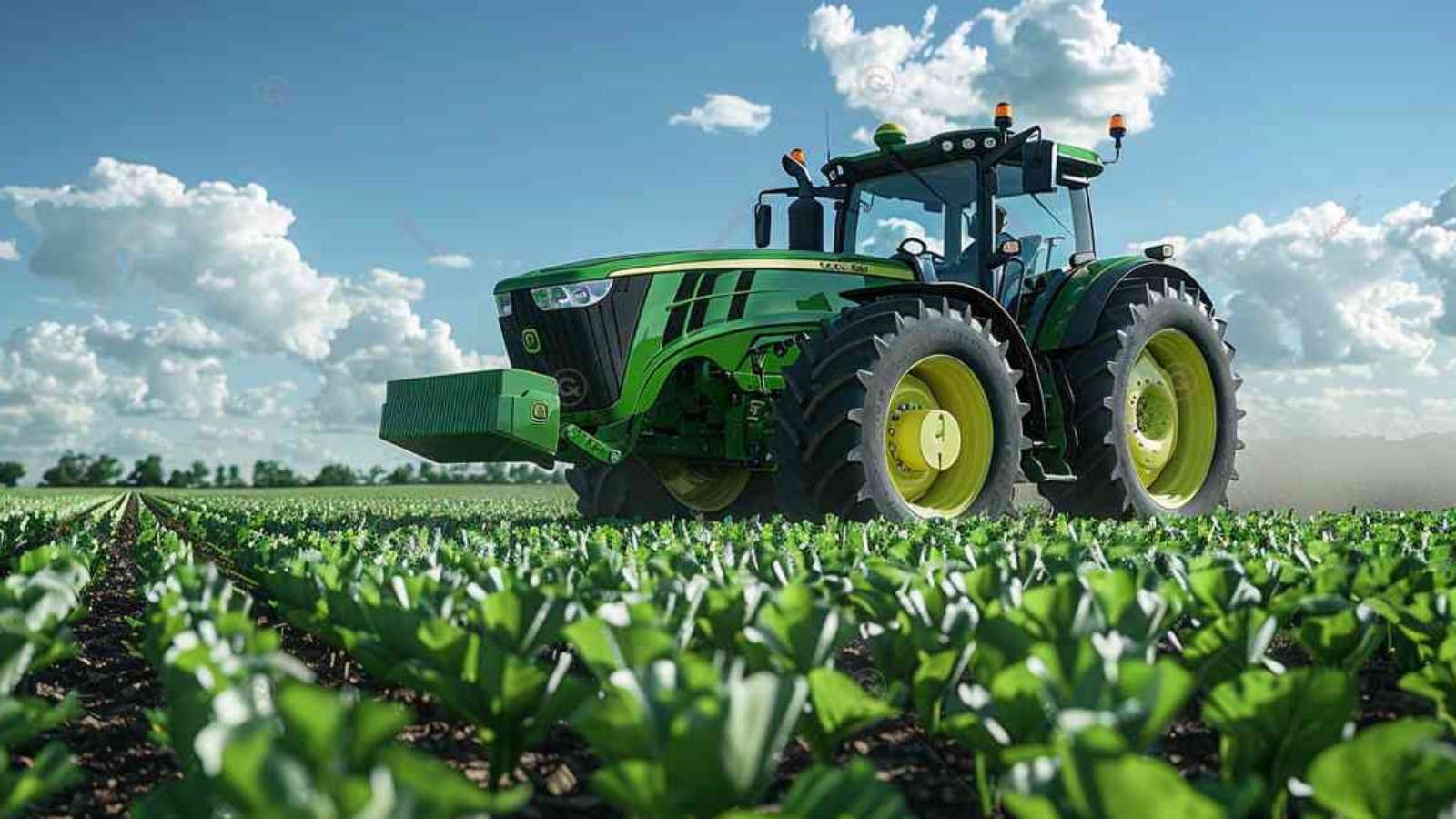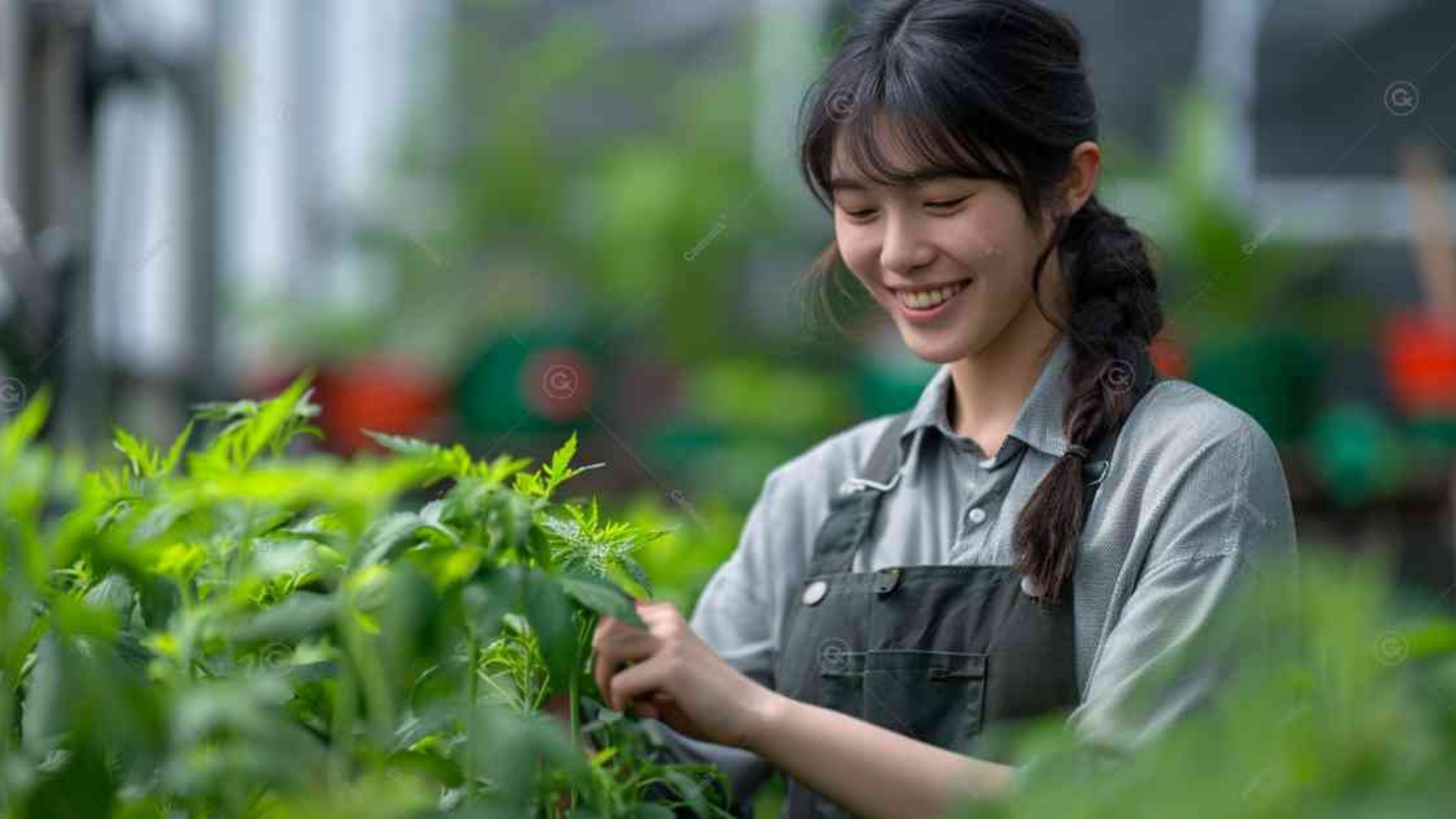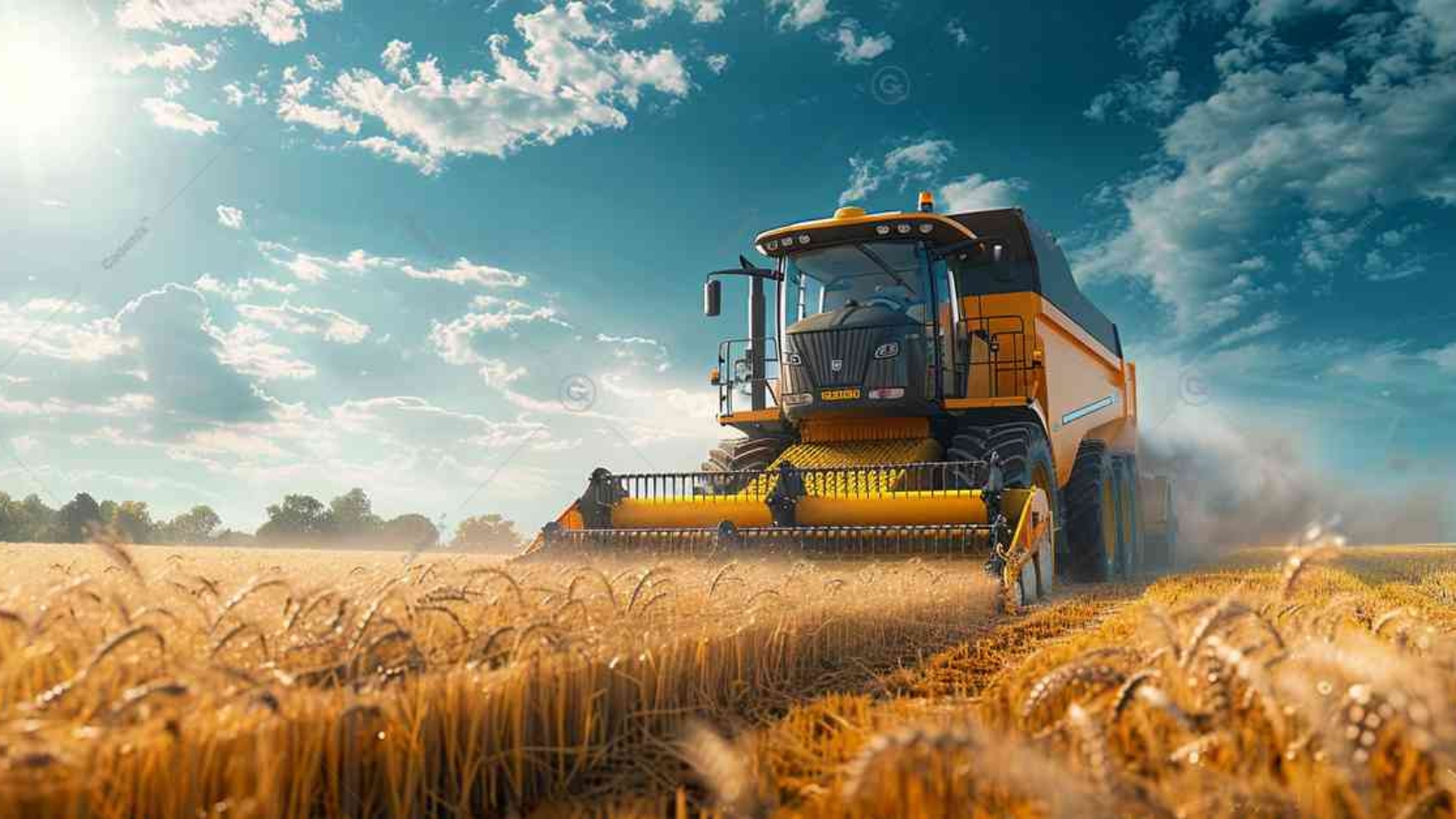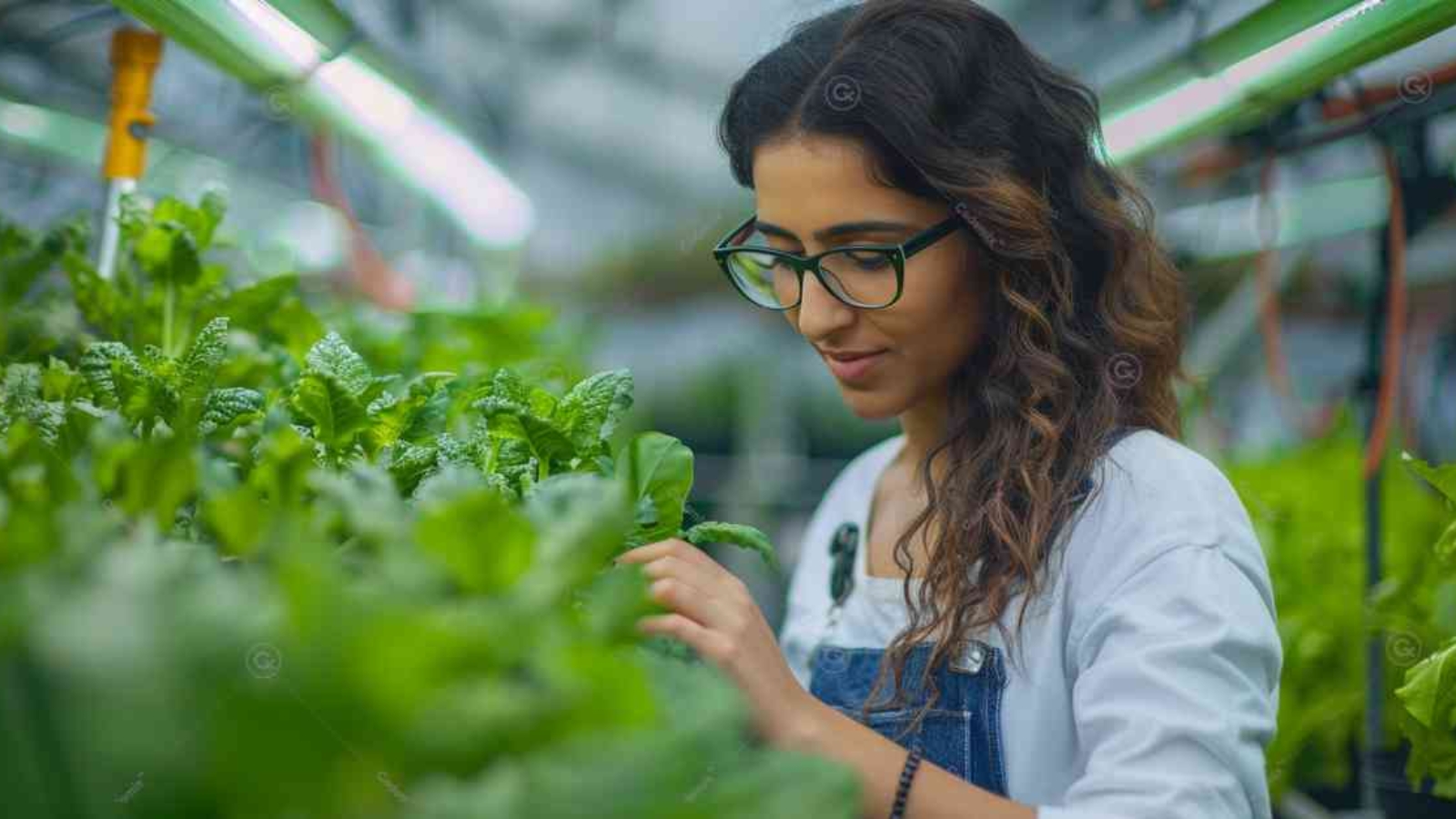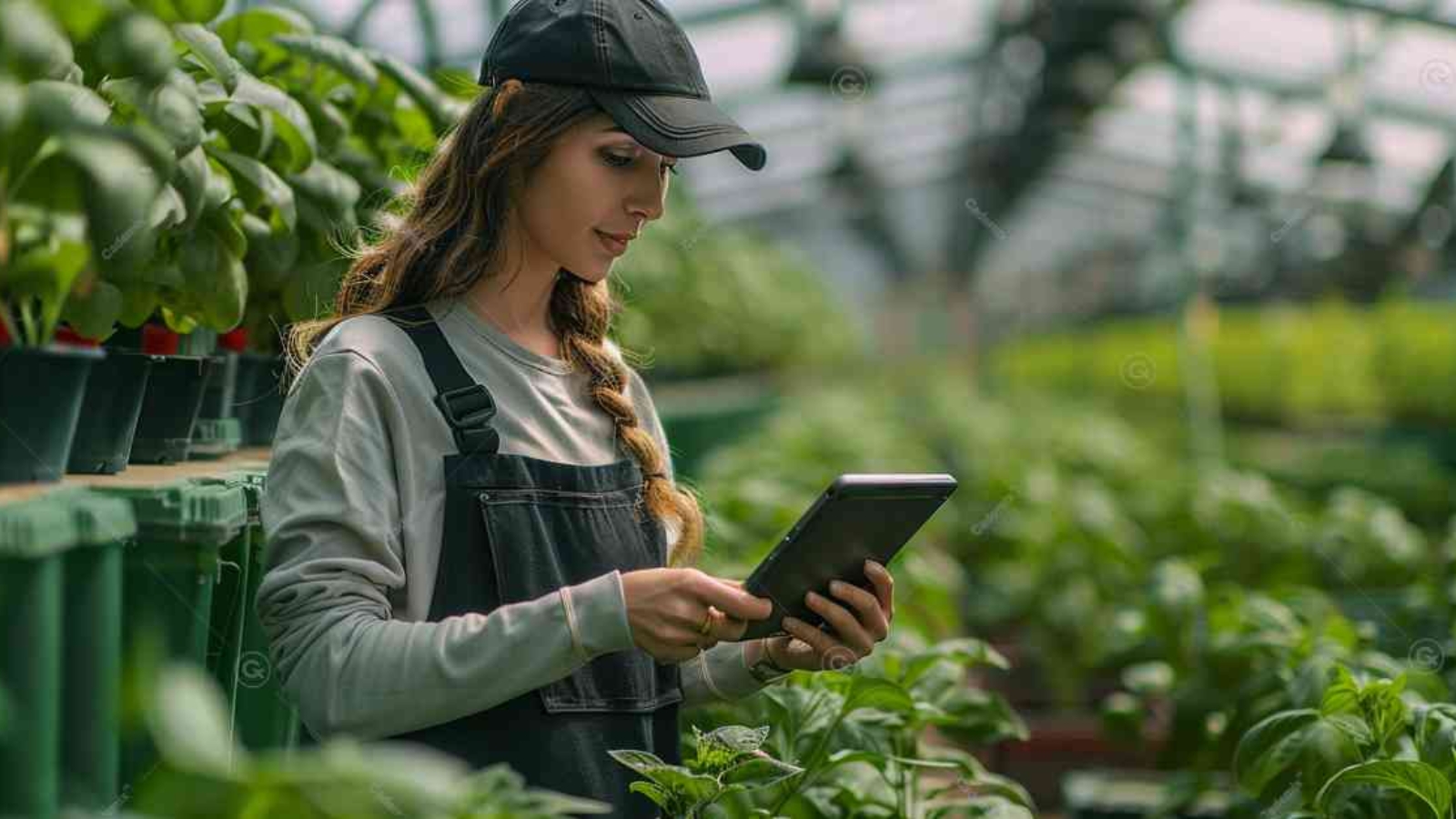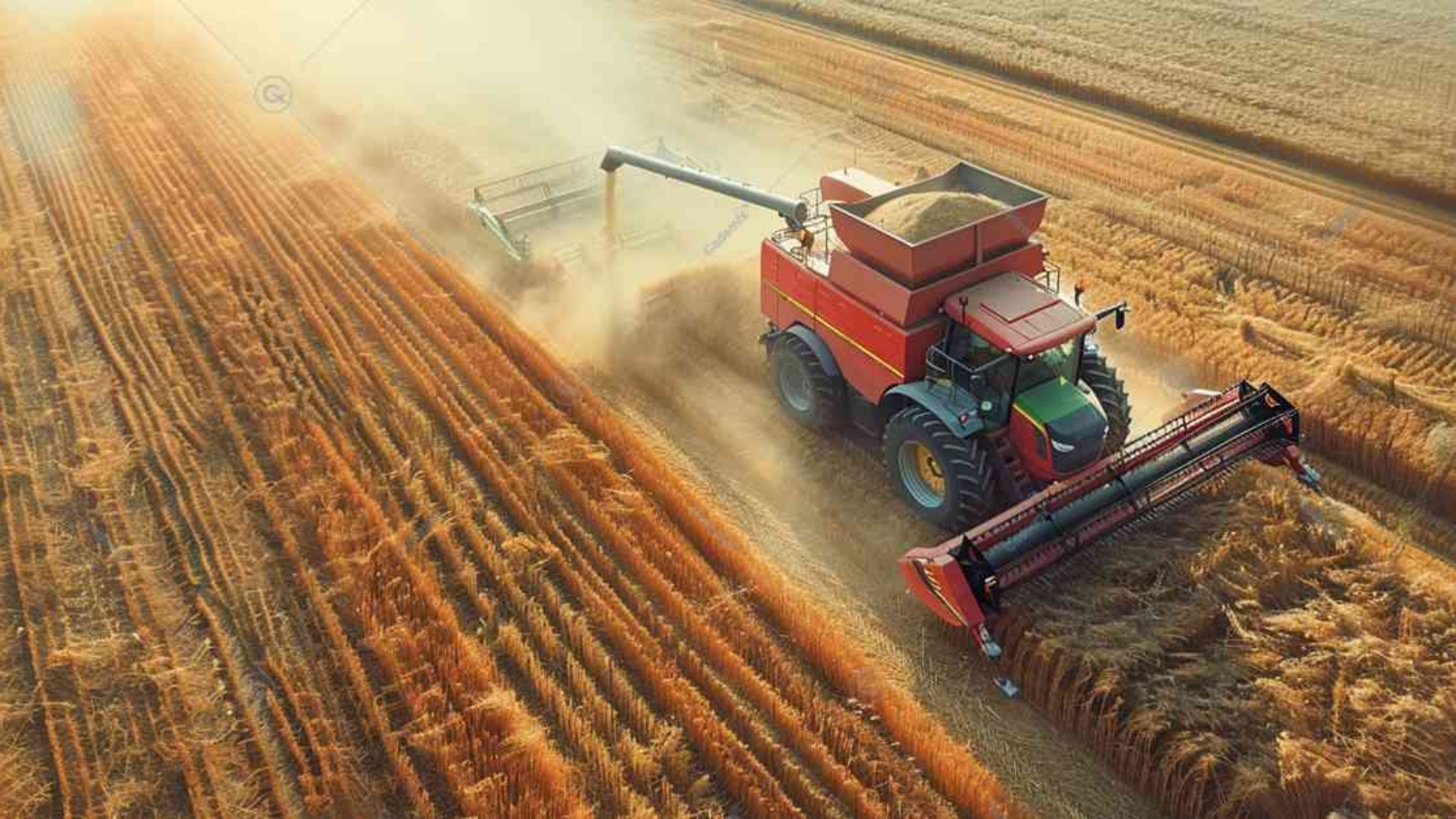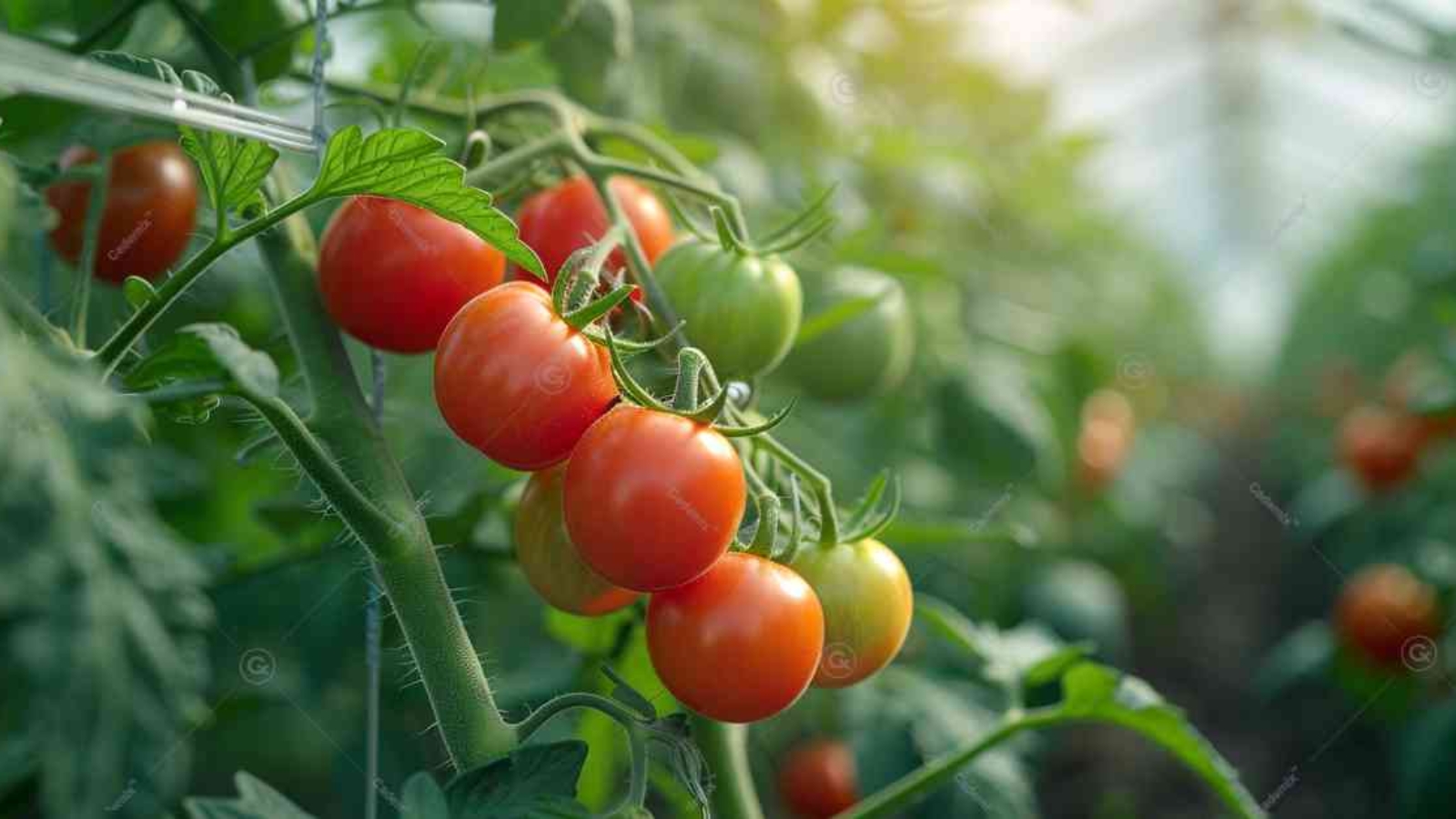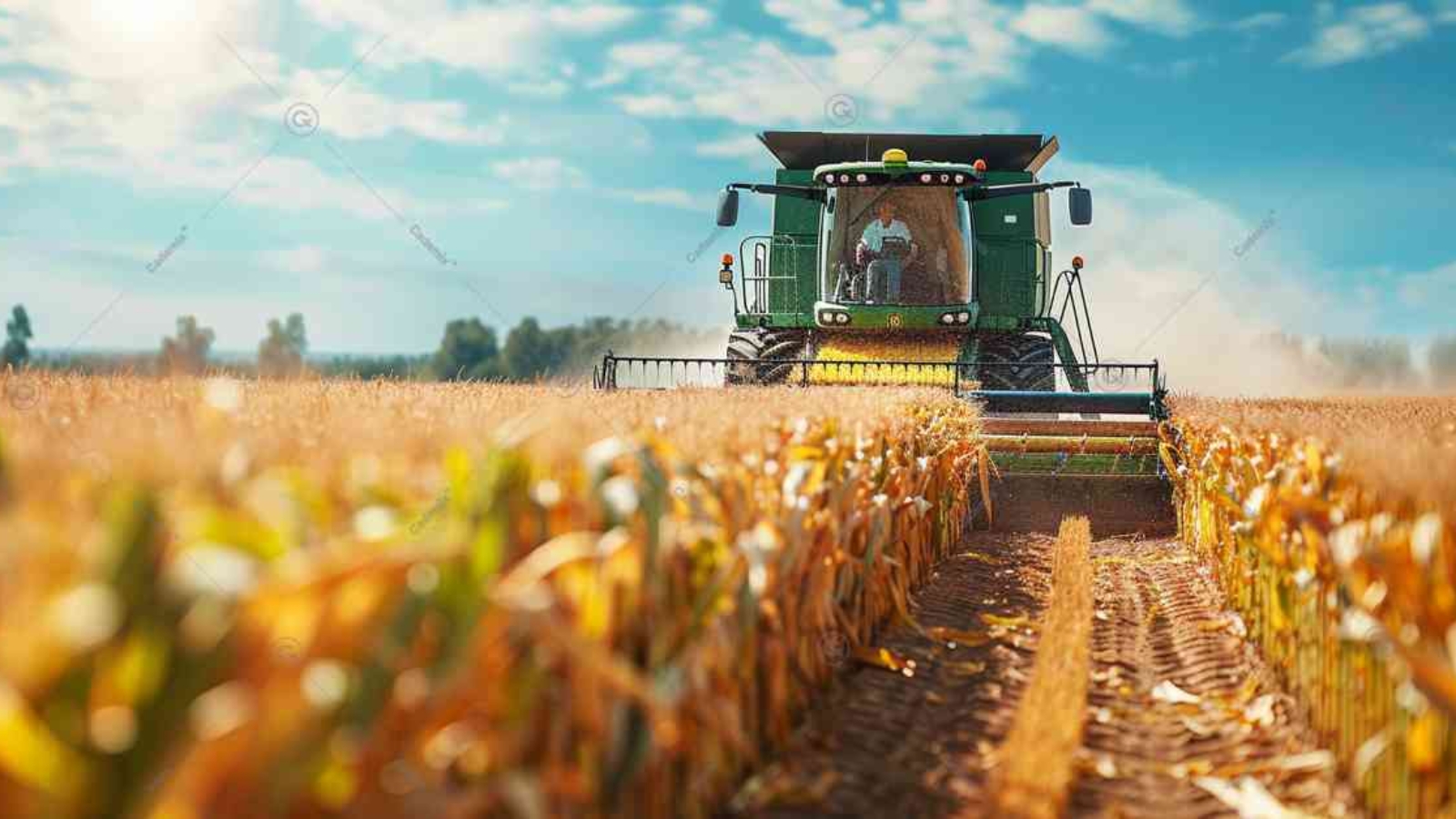Estimated Reading Time: 7 minutes In the agricultural sector, the sale and purchase of farm equipment play a crucial role in maintaining productivity and efficiency. However, a sustainable approach to farm equipment transactions can significantly contribute to environmental conservation and economic efficiency. Embracing a circular economy, where the lifecycle of equipment is extended through repair, reuse, and upcycling, helps ensure that resources are utilized optimally and waste is minimized. This article explores
Regenerative Farming: Transforming Agriculture for a Sustainable Future
Estimated Reading Time: 7 minutes Regenerative farming is rapidly gaining recognition as a revolutionary approach to agriculture that not only produces high-quality food but also restores and enhances the health of ecosystems. Unlike conventional farming methods that often deplete resources and degrade the environment, regenerative farming focuses on improving soil health, increasing biodiversity, and sequestering carbon. This traditional-style article explores…
Precision Farming: Advancing Agriculture Through Technological Innovations
Estimated Reading Time: 6 minutes Precision farming, also known as precision agriculture, involves using technology to monitor and manage agricultural processes with high accuracy. This method relies on data collection and analysis to guide decisions on planting, fertilizing, watering, and harvesting crops. By doing so, farmers can optimize their operations, reduce waste, and improve the overall health of their fields.
This approach is increasingly crucial as the agricultural industry faces challenges such as climate change, soil degradation, and the need for increased food production to meet a growing global population. Precision farming offers a viable solution to these issues by promoting efficient and sustainable farming practices that can be adapted to different environmental conditions.
Embracing Organic Farming: A Journey Towards Sustainable Agriculture
Estimated Reading Time: 7 minutes Organic farming has gained significant traction over the past few decades, heralded as a sustainable and environmentally friendly alternative to conventional agricultural practices. This method of farming focuses on producing food in harmony with nature, avoiding synthetic chemicals, and promoting biodiversity. In this narrative, we will explore the principles of organic farming, its benefits, challenges, and the steps involved in transitioning to an organic farming system…
A Comprehensive Analysis of Agricultural Land: Tools, Methods, and Policies for Researchers and Policymakers
Estimated Reading Time: 9 minutes Agricultural land is a critical resource for food production, biodiversity conservation, and rural livelihoods. Effective management and utilization of agricultural land are essential for ensuring food security, environmental sustainability, and economic development…
Sustainable Agriculture: Integrating Economic Principles and Policies for a Circular Economy
Estimated Reading Time: 6 minutes Sustainable agriculture is a critical component of ensuring food security, environmental health, and economic stability. As the global population continues to grow, the need for farming practices that conserve resources, reduce environmental impact, and support rural economies becomes increasingly urgent. This article delves into…
Sustaining Tradition: The Role and Evolution of the Family Farm
Estimated Reading Time: 7 minutes Family farms have long been the backbone of agriculture, providing food security, preserving cultural heritage, and sustaining rural economies…
Food and Agriculture Organization: Roles, Initiatives, and Impact on Global Agriculture
Estimated Reading Time: 6 minutes The Food and Agriculture Organization (FAO) of the United Nations plays a crucial role in promoting global food security, sustainable agriculture, and rural development. This comprehensive article explores the history, objectives, key initiatives, and impact of the FAO on global agriculture. By highlighting its contributions to policy development, technical assistance, and research, this guide provides valuable insights for researchers, policymakers, and practitioners involved in the agricultural sector.
Climate Smart Agriculture: Strategies, Practices, and Policies for Sustainable Development
Estimated Reading Time: 8 minutes Climate smart agriculture (CSA) is an integrated approach to managing landscapes—cropland, livestock, forests, and fisheries—that addresses the interlinked challenges of food security and climate change. This comprehensive white paper explores the strategies, practices, and policies associated with CSA, providing valuable insights for researchers, policymakers, and practitioners. The focus is on how CSA can enhance productivity, resilience, and sustainability in the agricultural sector.
Multiphysical Energy Planning and Sustainable Development
Estimated Reading Time: 4 minutes Cademix Program on Multiphysical Energy Planning & Sustainable Development, includes various Simulation, modeling and Optimization tools for Smart Cities, Energy Harvesting Systems, Autonomous vehicles and Buildings

